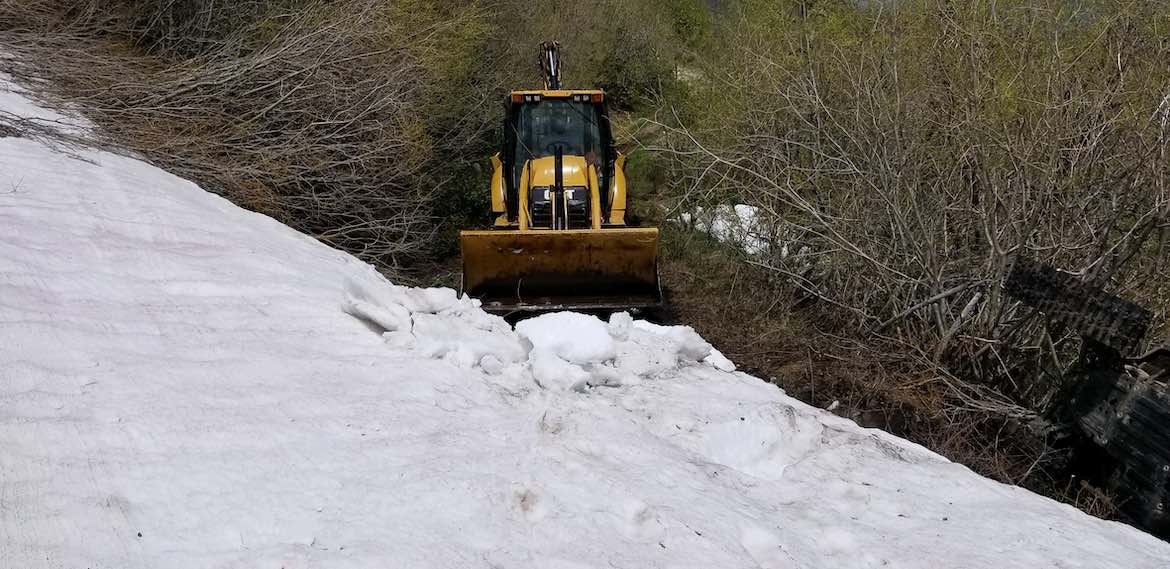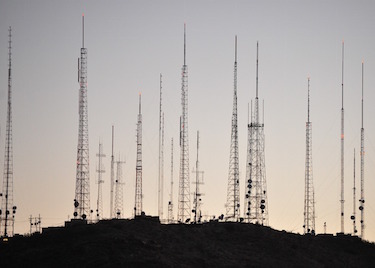Tag: Translators
Public TV seeks exemption from FCC translator requirement
The new requirement is “regulatory make-work” that “does not serve any necessary or legitimate purpose,” PBS and America's Public Television Stations argued. ...Never-ending winter hampers conversion of TV translators
Engineers at public TV stations in the Mountain West are still coping with wintry weather as they try to complete their pieces ...PBS push to preserve translator services awaits FCC decisions
By the time the FCC's extended filing deadline passed June 1, operators of 688 translators carrying programming of 55 PBS member stations ...PBS, T-Mobile collaborate to save TV translators
The wireless carrier and a team from PBS are working under tight deadlines to find new homes for public TV translators that ...T-Mobile will foot bill for repacking public TV translators
The agreement covers equipment, engineering, installation and legal fees.FCC turns down special protection for public TV translators in spectrum auction
Translator operators may not be able to find new channel space after the auction is over.Appeal to protect public TV’s translators gets little traction with FCC
Pubcasters fear that hundreds of translators could be threatened by the spectrum auction planned for next year.FCC green-lights rules for TV spectrum auctions
The FCC formally adopted rules today for the television spectrum auctions slated for mid-2015. Most of the provisions align with what the FCC has said ...CPB Board hears troubling predictions for spectrum auctions and repacking
CPB Board members got an ominous preview Monday of the corporation’s upcoming white paper about spectrum issues in public broadcasting. At a meeting ...Arizona PBS installing seven rural translators
Arizona PBS in Phoenix is bringing seven new digital translators online between June 24 and late September, extending its service to rural ...FCC to clear translator backlog, create new LPFMs
The FCC took another step March 19 toward licensing more low-power FM stations, a move long advocated by community radio leaders. The ...Rural translators threatened with loss of their frequencies
Translators — the lonely relay-runners of broadcasting — are a rural institution under siege. While pubcasters use hundreds of them to reach ...





